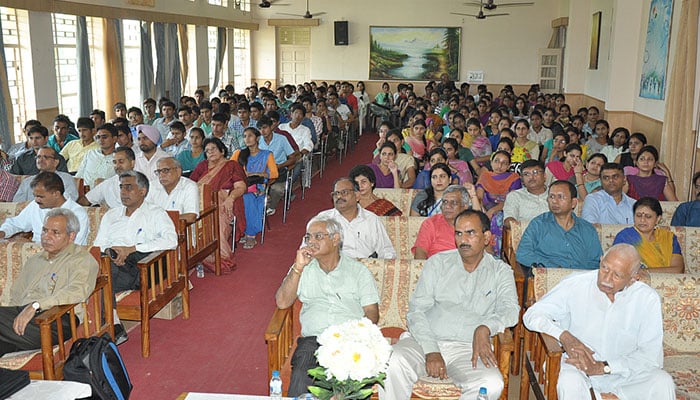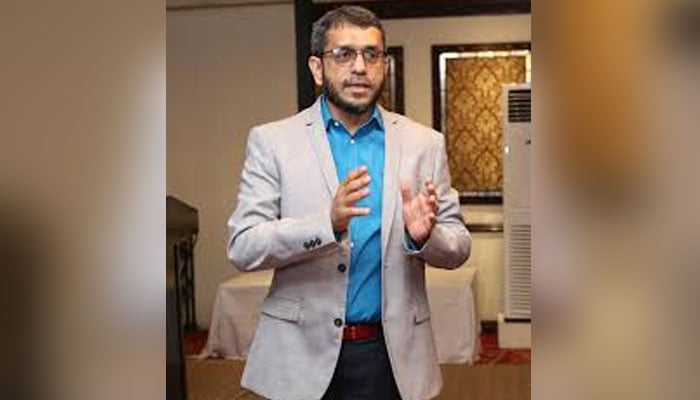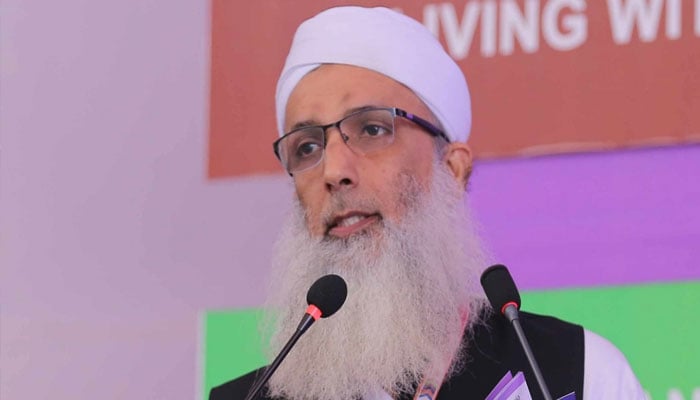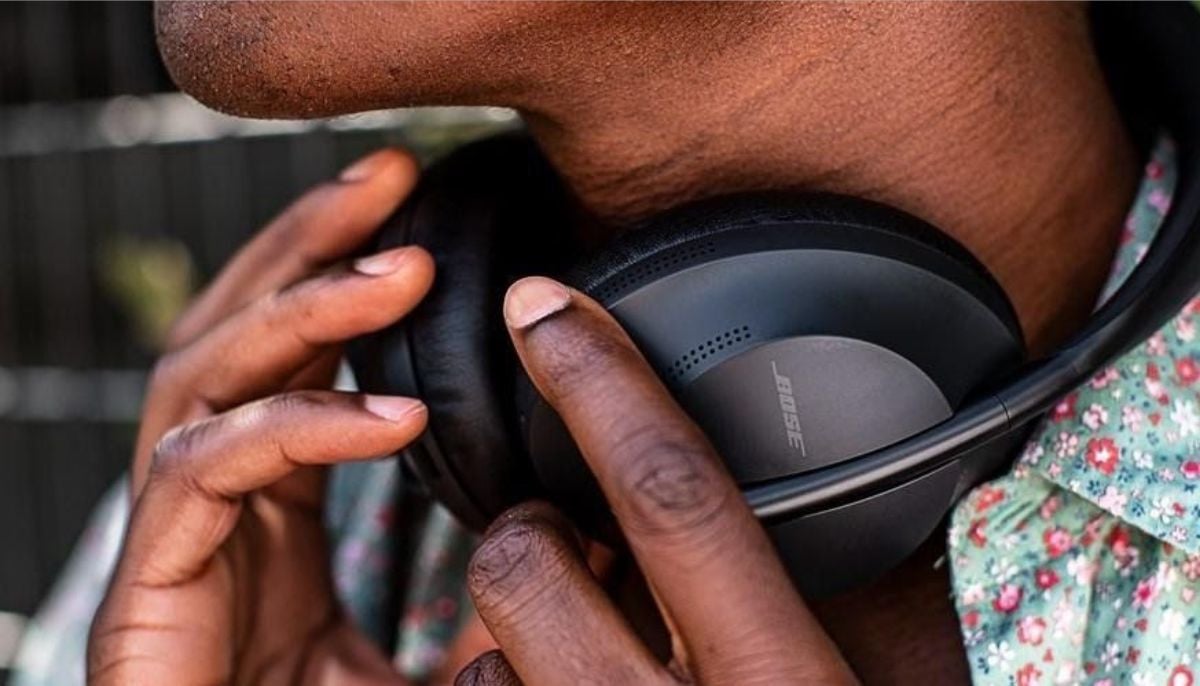Diabetics urged by experts to consult doctors before Ramadan as precaution
Millions of people with diabetes in Pakistan would fast during the upcoming holy month of Ramadan but they must see their consulting physician before the start of the month to get dosage and timings of their medicines adjusted, learn about their diet and get information about their schedule of exercise so that they could fast safely without facing any complications.
KARACHI: Millions of people with diabetes in Pakistan would fast during the upcoming holy month of Ramadan but they must see their consulting physician before the start of the month to get dosage and timings of their medicines adjusted, learn about their diet and get information about their schedule of exercise so that they could fast safely without facing any complications.
“For people with diabetes, pre-Ramadan consultation with doctors is compulsory so that dosage and timings of the medicines they take could be altered and adjusted. If these patients continue to take medicines as per previous schedule, they may face problems and complications while fasting. Diabetics should continue to monitor their blood sugar as it does not break fast”, said Prof. Yaqoob Ahmedani, head of Ramadan and Hajj Study group while speaking at an awareness session on Sunday.
The awareness seminar was organized at the Baqai Institute of Diabetology and Endocrinology (BIDE) Karachi and it was addressed by senior diabetologists, endocrinologists, dietitians and religious scholars who spokes on different aspects of safe fasting, adjustment of dosage and timings of medicines, healthy and balanced diet as well as practices that does not lead to breaking fast.
Prof. Yaqoob Ahmedani maintained that there are around 30 million people living with diabetes in Pakistan and a vast majority of them would be fasting during the upcoming holy month but they should consult their physician as early as possible so that they could be given instructions to keep safe fasting.
“Ideally a patient with diabetes should consult his or her doctor two months prior to start of Ramadan but there is still a week left in the start of holy month and I would advise diabetics to see their doctor as early as possible. During Ramadan, timings of medicines are usually reversed while their doses are also altered to prevent sudden decrease in blood sugar level”, Prof. Ahmdani said.
As far as exercise for the diabetics is concerned, Prof. Ahmedani informed that people with diabetes should not indulge in exercise, brisk walk or hard labour while fasting and added that such patients could do their exercise after Iftaar or before Seher timings.
“People should also know the possible complications of their disease while fasting and if they feel that their blood sugar is getting low, they should check it by pricking as checking blood sugar does not break fast. If the sugar has dropped below 70, such patients should immediately break their fast otherwise it could result in serious damage to their health”, he added.
Regarding Ramadan and Hajj Study group, Prof. Ahmedani said this group was striving to promote safe fasting for last 10 years and during this period, extensive research had been conducted by them to help people in keeping fast safely. Several research papers have also been published by the group in national and international scientific journals also, he added.
Clinical dietitian at BIDE Karachi Mariam Abdeali said patients with diabetes need to have their food in moderation at Iftaar and Seher timings, saying diet play an important role in preventing complications of the diabetes.
“I would urge diabetics to have balanced and healthy diet in moderation at Iftaar and Seher timings. Avoid drinking sugary drinks, juices, spicy food with lots of carbohydrates. Avoid fried items and also refrain from putting all the food available on the table at once at iftaar timings”, she advised.
She maintained that instead of sugary drinks available in the market and promoted on the print and electronic media through advertisements, people should put fruits and vegetables chunks in water and use this water for drinking at Iftaar as it would make them fresh after whole day of fasting”, she added.
Mufti Saad from Jamia Binoria spoke on religious aspects of the fasting, saying people who are seriously sick, those who are travelling and pregnant women, who have been advised not to keep fast, are exempted from keeping fast while those who are sick and can’t keep fast for rest of their lives, should feed poor and hungry as fidya.
“Here I want to make it clear also that checking blood sugar by pricking, getting medicine through injection or drip and getting medicine in the eyes and ears does not lead to breaking the fast”, he said and advised the patients to follow the advice of their physicians.
The seminar was also addressed by Dr. Saif-ul-Haq, Dr. Asim and others while questions of the people with diabetes were also answered by the experts.
-
What we know about Chris Cornell's final hours
-
5 famous celebrities who beat cancer
-
Oprah Winfrey talks about weight-loss 'tool to manage' health
-
How the world lost Whitney Houston to overdose
-
Late Ozzy Osbourne's 'terribly challenging' life with Parkinson's Disease
-
Emerging health threat: Toxic chemicals found in headphones, raising safety concerns among teens
-
Halsey’s rare health struggle you didn’t know about
-
Angelina Jolie and Brad Pitt mental health struggle amid divorce














